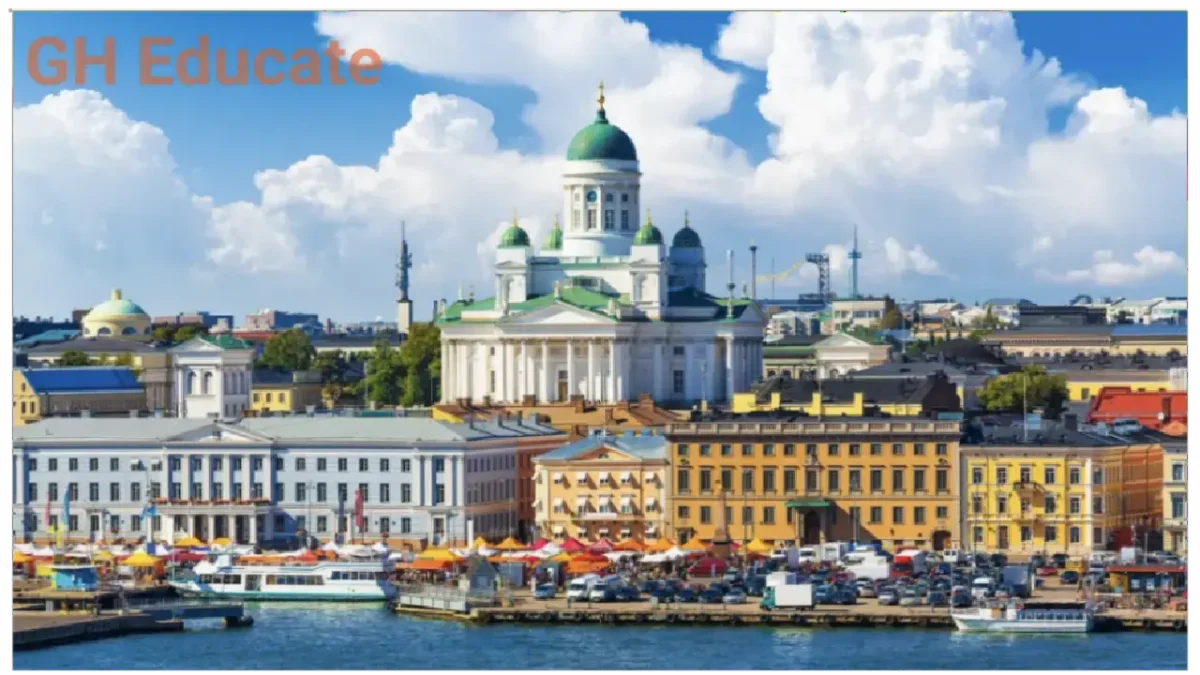Finland claims the title as the world’s happiest country, topping the global happiness ranking, as unveiled in the annual report released on the United Nations International Day of Happiness, celebrated annually on March 20th. This comprehensive report draws upon extensive survey data collected from more than 140 countries, evaluating happiness levels based on average life evaluations spanning the years 2021 to 2023.
This report is the result of collaboration between Gallup, the Oxford Wellbeing Research Centre, the UN Sustainable Development Solutions Network, and an esteemed editorial board. It serves as a vital resource for understanding global societal well-being trends.
John Helliwell, a renowned economist highlighted Finland’s exceptional social fabric, citing its integrity, strong community support systems, and equitable access to healthcare and education. Finland’s success in cultivating happiness extends to its immigrant population, contributing to the nation’s reputation for inclusivity.
According to the report, the methodology used involves examining six key variables to comprehend life evaluations comprehensively: GDP per capita, social support, healthy life expectancy, freedom, generosity, and perceptions of corruption. Finland’s Nordic counterparts, including Denmark, Iceland, Sweden, and Norway, also featured prominently in the top 5 happiest country.
Despite enduring conflicts, Israel secured a notable fifth position in the ranking, partly attributed to the report’s three-year averaging method, which mitigates the immediate impact of events like the war with Hamas. Similarly, despite its unrecognized statehood, Palestine received recognition in the report, underscoring the importance of inclusivity in happiness evaluations.
United States Drops Out of the Top 20 Countries

Among the top-ranking nations were also the Netherlands, Luxembourg, Switzerland, and Australia, each recognized for their commitment to societal well-being. However, the United States experienced a significant drop, falling out of the top 20 due to the decline in youth happiness. This trend, mirrored in countries like Canada, Australia, and New Zealand, highlights a generational gap in happiness levels, raising pertinent societal concerns.
Helliwell attributed the decline in youth happiness to factors such as media consumption and societal discourse, particularly in English-speaking nations, where blame often overshadows constructive dialogue. He noted a prevalence of conflict-oriented discussions in North America, fostering division rather than collaboration.
Despite these challenges, the report indicated that there is some level optimism regarding global youth satisfaction trends. While certain regions experienced declines in youth well-being, such as North America and Western Europe, others showcased stability or improvement, suggesting resilience and a willingness among young people worldwide to engage in altruistic acts, thereby offering hope for the future.
Top 20 Countries in Report’s Ranking
The report’s rankings for the happiest countries in 2024 paint a diverse picture of nations prioritizing societal well-being. The top 20 list includes:
- Finland
- Denmark
- Iceland
- Sweden
- Israel
- Netherlands
- Norway
- Luxembourg
- Switzerland
- Australia
- New Zealand
- Costa Rica
- Kuwait
- Austria
- Canada
- Belgium
- Ireland
- Czechia
- Lithuania
- United Kingdom
Conversely, at the bottom of the happiness list, Afghanistan remains a persistent challenge, alongside countries like Lebanon, Lesotho, Sierra Leone, and Congo, underscoring the ongoing struggles faced by these nations in achieving societal happiness and well-being.
It is surprising that Ghana was not mentioned in this report. SirJoe will delve deeper in the next ranking to see where Ghana lies among the world’s happiest countries. Kindly share this information with friends and loved ones.
Follow gheducate.com for more




